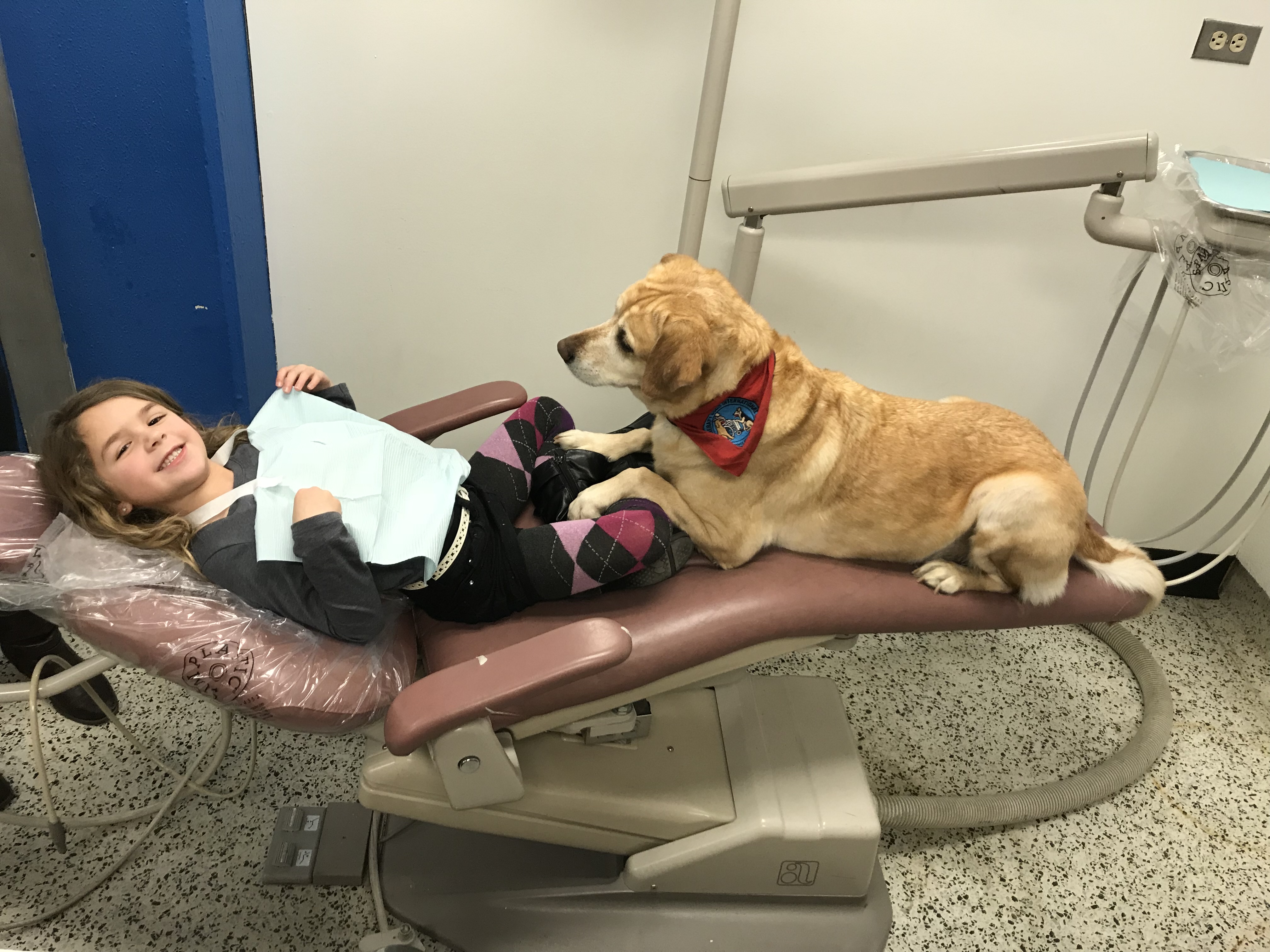School of Social Work
School of Social Work
Mailing Address
Cleveland State University College of Health/School of Social Work
2121 Euclid Avenue, RT 1417
Cleveland, OH 44115
Campus Location
Rhodes Tower, Room 1417
Phone: (216) 687-3520
bsw@csuohio.edu
Veterinary Social Work Certificate
Veterinary Social Work Certificate
Social workers must understand their clients and communities within the context of their environment and community. With over 70% of homes in the US report housing a pet, and 80% of those homes report animals are considered family members, accounting for animals in the lives of clients is imperative to providing quality care. Doing so allows social workers to better understand decisions, stressors, and support systems. The Veterinary Social Work certificate supports social workers to be prepared to navigate challenging conversations and experiences. Whether exploring financial decisions, navigating the pain of pet loss, finding safety with pets after experiences with violence or natural disaster, or partnering with animals for therapeutic engagement, the Veterinary Social Work focus is an asset for any social work practitioner. This knowledge is beneficial at the micro (direct client engagement), mezzo (program design, implementation and evaluation), and macro (policy and advocacy) levels of practice.
Program Highlights
- Specialized Curriculum: The required courses cover the foundational content to gain competence and confidence as a practitioner at the micro, mezzo, and macro levels of social work. Course work includes: The Link between human and animal violence, Grief and Bereavement, Animal-Assisted Services, and Intentional well-being.
- Online Learning: Offers a fully asynchronous online format that allows students to engage in learning on a schedule that meets their needs.
- Expert Faculty: Faculty teaching the courses are current practitioners of Veterinary Social Work and bring their experience into the (virtual) classroom to enrich the learning experience.
- Professional Confidence: completion of the certificate demonstrates a readiness to enter Veterinary Social Work practice. As the field furthers professionalization, having the certificate in hand demonstrates proficiency and capability to practice.

Dog "Shaina" comforting a child at dental office
Admissions Standards/Procedures
Interested students should contact the Veterinary Social Work Certificate Coordinator, Dr. Aviva Vincent at: a.l.vincent@csuohio.edu
Any admitted/enrolled MSW student may take the VSW 1 (SWK 681) course, but to earn the VSW certificate, MSW students must also complete the VSW 2 (SWK 682) course and aligned field placement to complete the certificate. Completing the certificate does not require additional courses to the 60 (traditional 2-year MSW) or 30-hour (advanced-standing MSW) course plan, for the VSW I and VSW II courses count as your program elective courses.
Course Descriptions
- Veterinary Social Work 1: This course reviews research, practice settings, and policy needs in the four areas of veterinary social work: the link between human and animal violence, animal assisted interventions, animal related grief and bereavement, and intentional well-being. Students will be expected to demonstrate knowledgeable of research findings and apply them to social work practice skills and policy advocacy.
- Veterinary Social Work 2: Pre/corequisite: GSW, 490 or 504 or 612 or 621, or field practicum from another university, or permission from the program. The VSW-CP Capstone Course provides consolidated experience and collects cumulative evidence for VSW-CP students to demonstrate the attainment of VSW-CP program competencies. Through experiential practice, small group discussion, and the development of an eportfolio of evidence for meeting program competencies, this gives VSW-CP students an opportunity to demonstrate their knowledge and share that knowledge with their peers and the world.

Veterinary Social Workers in Action
- Aviva Vincent, PhD, LSW, Assistant Professor and Coordinator of Veterinary Social Work Certificate at Cleveland State University
- Learn more: https://academic.csuohio.edu/vincent-aviva/
- Laurie Maxwell, LISW-S Director of Social Work at MedVet:
- Learn more: https://www.medvet.com/veterinary-social-work/
- Pam Linden, PhD, Director of the Center for Veterinary Social Work:
- Learn more: https://vetsocialwork.tennessee.edu/
- Lisa Wiborg, LISW-S, medical & hospice social worker
- Learn more: https://www.healingpawsllc.com/
- Judy Rosen, LCSW, clinical social worker with focus in pet loss therapy
- Dillon Dodson, RSW/MSW, Toronto Humane Society:
- Sarah Bernardi, RSW/MSW, Veterinary College and Health Sciences Centre
School of Social Work
Mailing Address
Cleveland State University College of Health/School of Social Work
2121 Euclid Avenue, RT 1417
Cleveland, OH 44115
Campus Location
Rhodes Tower, Room 1417
Phone: (216) 687-3520
bsw@csuohio.edu